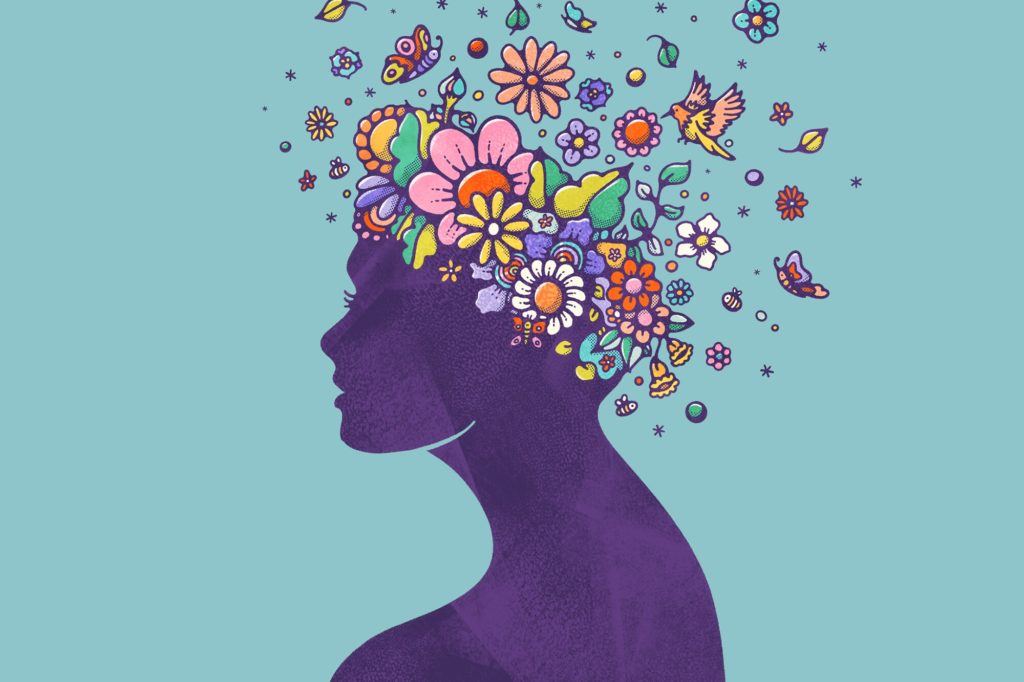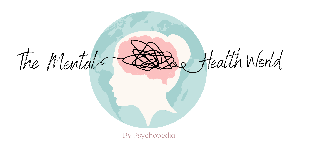
Mental diseases have always been easier to define than mental wellness.
The American Psychiatric Association has traditionally been the group in charge of defining mental disorders in the United States (beginning as early as 1917 when it was known as The Association of Medical Superintendents of American Institutions of the Insane). Many people have recently realized that mental health encompasses more than just the absence of mental illness. Despite the fact that many people do not have a diagnosable mental illness, it is apparent that some people are mentally healthier than others.
What Is Mental Health and How Does It Affect You?
According to the World Health Organization, mental health is more than just the absence of mental illness. It refers to a condition of well-being in which people can cope with the usual stressors of daily life. People with good mental health may realize their own skills, work productively, and contribute meaningfully to their communities.
“Mental health is about wellness, not disease,” says one specialist.
Some specialists have tried coming up with new terminology to clarify the distinction between ‘mental health’ and ‘mental health disorders’ in order to make things a little clearer. Various people have advocated phrases like ‘excellent mental health,’ ‘positive mental health, “mental wellbeing, “subjective wellbeing,’ and even ‘happiness,’ to emphasize that mental health is about wellness rather than illness. While some claim that using more words to express the same subject is helpful, others contend that it only adds to the confusion.
As a result, others have attempted to explain the distinction by describing mental health as one end of a continuum – represented by feeling good and functioning normally – and mental health conditions (or mental illness) as the other end – represented by symptoms that affect people’s thoughts, feelings, or behavior.

The advantages of remaining mentally well:
High levels of mental health have been linked to higher learning, creativity, and productivity, as well as more pro-social behavior and pleasant social interactions, as well as enhanced physical health and life expectancy, according to research. Mental health issues, on the other hand, can create anguish, have an influence on daily functioning and relationships, and are linked to poor physical health and suicide death.
However, it’s crucial to keep in mind that mental health is a multifaceted issue. The absence of a mental health disorder does not necessarily imply that one’s mental health is in good shape. Similarly, it’s conceivable to be diagnosed with a mental health problem while feeling fine in many ways. In the end, mental health is about being cognitively, emotionally, and socially healthy — the way we think, feel, and form connections – not just the absence of mental illness.
How to Maintain Mental Health:
Some of the techniques to develop and preserve mental health, according to the US Department of Health and Human Services, are:
- Physical activity on a regular basis
- Getting enough sleep
- Assisting others
- To manage stress, you’ll need to learn new coping strategies.
- Keeping in touch with other individuals
- Trying to maintain a good attitude throughout life
It’s also crucial to be able to seek assistance if you’re having problems. If you wish to improve your mental health or address a psychological condition, talk to your doctor or a mental health expert.
Mental wellness entails far more than the absence of disease. It’s crucial to remember, though, that mental health and overall well-being are influenced by a variety of things. Individual characteristics have a role, but so do social, environmental, and socioeconomic circumstances, which interact dynamically with individual factors to either improve or jeopardize mental health.

